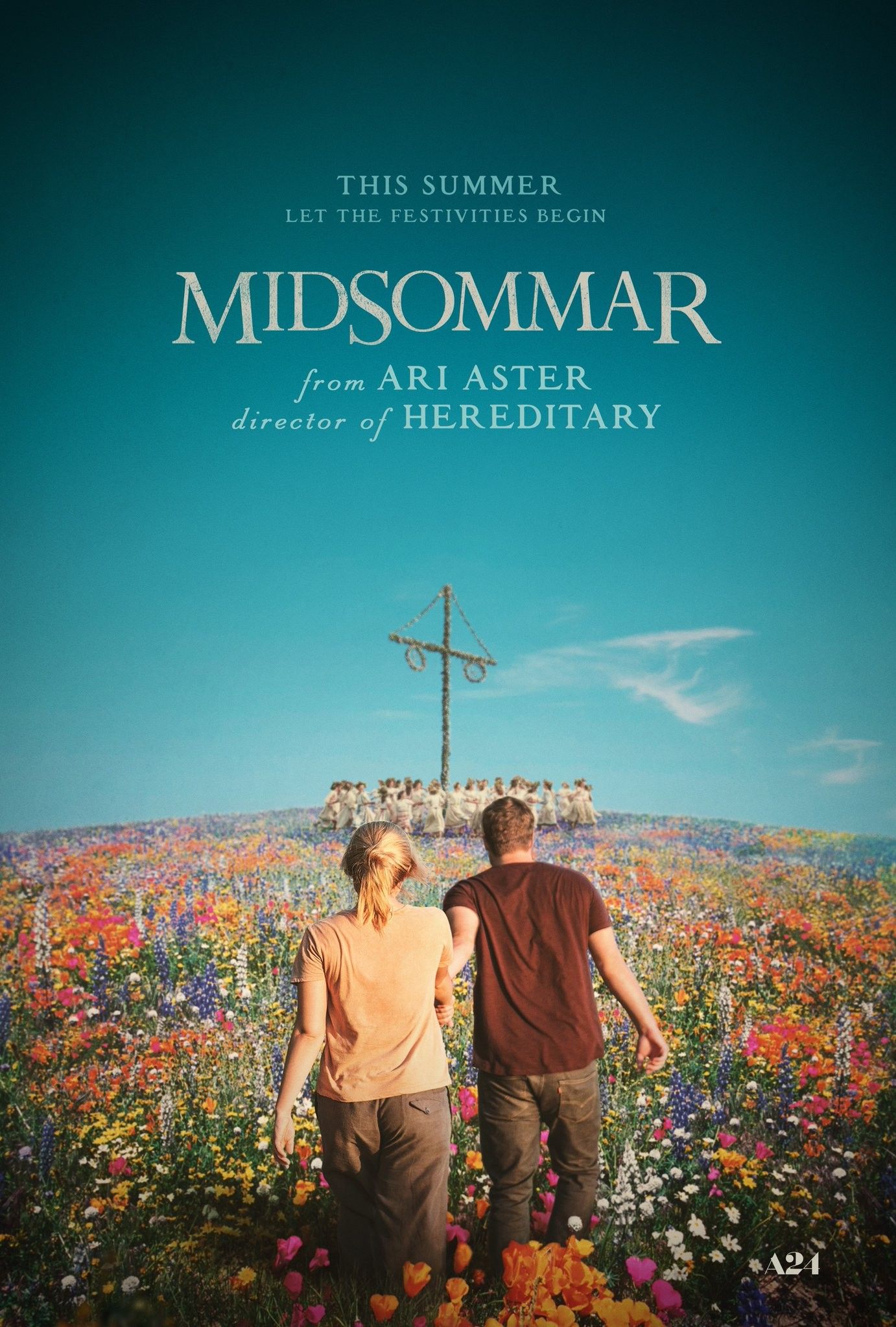Several years after its release, Florence Pugh offers a fresh take on the ending of Midsommar. The renowned folk horror film, released in 2019 and directed by Ari Aster (Hereditary, Beau is Afraid), follows a young couple at the brink of collapse, Dani (Florence Pugh) and Christian (Jack Reynor), as they begin a trip to participate in a midsummer festival at a remote Swedish village. What begins as a psychedelic experience among rolling green hills and eternal sunshine gradually turns into a fabled nightmare that no one wakes up from.
Midsommar ends with Dani being crowned the May Queen and choosing Christian as the village’s midsummer sacrifice. The film’s final shot shows Dani in her floral dress and crown, initially wrecked with grief before she eventually faces the fire and begins to smile. In a WIRED video for her upcoming film We Live in Time, Pugh gives her take on Dani’s fate, which she notes is different from Aster’s. She says:
So I have a different version to Ari, the director. The idea is that she’s now gone through a psychotic break. From the moment she chooses, I believe accidentally, Christian, her boyfriend, to get burnt, she keeps on waking up and going back into this like psychotic break and when that moment at the end happens, where everything is going up in flames, I tried to embody what I was like when I was five on Bonfire Night. And just how exciting it was to see flames, and I wanted to revert back to a very, very small and simple life of how simple things made and make children feel. Because in that moment, I presumed she wasn’t there anymore.
What This Means For Midsommar’s Ending
Midsommar Can Be Interpreted In Many Ways
Aster has routinely described his film as a “break-up opera” (via Vox.) This is meant to be a victory for Dani, one that celebrates her liberation and can be seen as a fantasy for women who might be frustrated with their partners. That Pugh views the Midsommar ending differently highlights how there are many different ways to interpret Dani’s actions, and that only makes it a more complex and fascinating movie.
For Aster, Dani’s decision to sacrifice Christian wasn’t an accident, as Pugh described, but exactly what she wanted. Still, it is true that Dani isn’t necessarily of a sound mind at the end of the film. As May Queen of the Swedish festival, she’s become enamored by the love and belonging that the pagan community offers after experiencing deep familial loss, so much so that she’s willing to sacrifice her boyfriend to cement herself deeper into their way of life despite some glaring red flags. Nonetheless, from Pugh’s perspective, none of that matters in the end, because she’s not there anymore; she’s a kid mesmerized by flames.
Our Take On Pugh’s Midsommar Take
A Psychotic Break Or A Psychotic Break-Up?
Viewers continue to be split on Midsommar‘s ending. Christian’s death and Dani’s smile have haunted Reddit forums and film critics for years, a testament to Aster’s groundbreaking work within the horror genre. Whether or not Dani intended to kill Christian, the final shot proves that the emotional journey that she has been on is, at the very least, complete.
Whether this is ultimately a positive or negative smile is up to the individual viewer; as Aster and Pugh have shown, Midsommar can be viewed in multiple ways.
She purged herself of Christian, the textbook gaslighter who offered no support in the loss of her family, forgot her birthday, and attempted to steal his friend’s anthropological thesis. As she watches the temple go up in flames before her, she realizes that he is gone and that she is free, and she smiles. Whether this is ultimately a positive or negative smile is up to the individual viewer; as Aster and Pugh have shown, Midsommar can be viewed in multiple ways.
Source: WIRED
